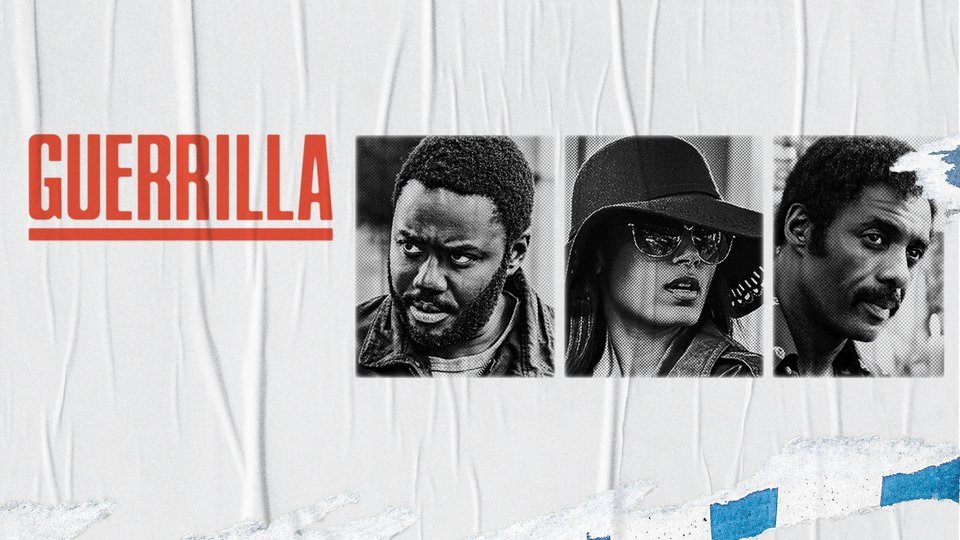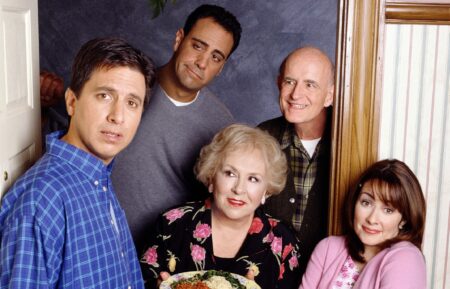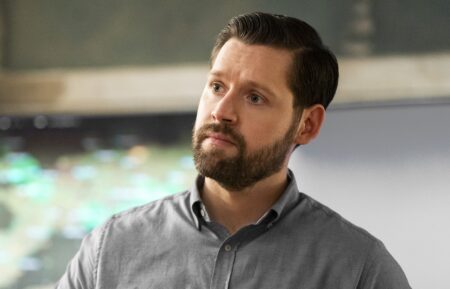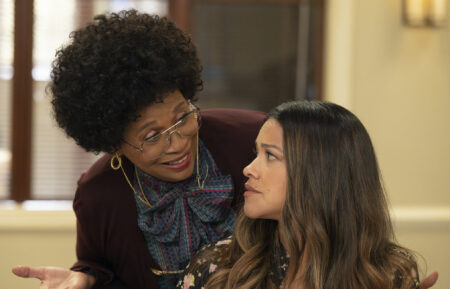Producer Spotlight: ‘American Crime’ creator John Ridley on His Unusual Journey From Stand-Up Comedy to Hard-Hitting Dramas
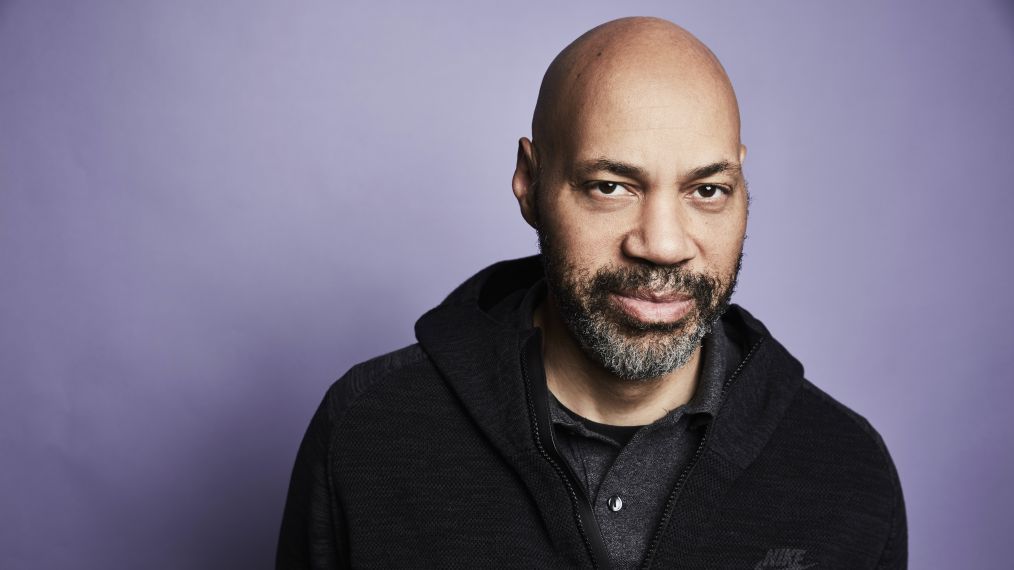
Q&A
With social issues like immigration, violence and race at the core of Showtime’s new limited series Guerrilla (Sundays, 9/8c)—about a London-based couple in the 1970s who free a political prisoner—and the third season of ABC’s American Crime (which concludes Sunday at 10pm), it’s surprising that producer John Ridley got his start doing stand-up comedy and writing for sitcoms. The prolific writer-director-producer simply sees the leap from comedy to drama as a natural part of his journey. He shares how he juggles his many hats and why depicting human relationships is paramount.
How did working in comedy lead you to this stage of your career?
I started doing stand-up in New York years ago, which gave me a skill set that I didn’t know I would be using for the rest of my life—writing my own material, performing, editing, playing to an audience and getting an immediate response. I was fortunate enough to transition to sitcoms, which was also great training. Then I had an opportunity to go into drama because I’d been writing novels and one [Stray Dogs] got made into a movie. Comedy is pain, misery, personal setback and failure, and that’s very relatable.
You write, direct and produce. Do you see those as creative muscles that work independently or together?
When I work, they operate a little independently. If you don’t separate them, you end up with someone who’s never really saying no to themselves, and that doesn’t generally fly. When I was younger, as a writer, I didn’t want to hear any changes from anybody or if an actor had an idea. Hopefully I’ve matured, because now I look at things and go, “I know this is on the page, but the actor’s doing something interesting, or that idea works, so let’s try that.”
Was the plan for American Crime always to create an anthology?
When we did the first season, there was a very high potential that it was going to be one and done. There’s an exceptionally high comfort level in knowing that we have a real ensemble of not only talented actors, but folks who get along and get what it is that we’re trying to do.
You hit on big issues like violence and immigration, but you seem just as interested in how people relate to each other, as is evident in Guerrilla and American Crime.
For me, it’s the human dynamic that has the real complications. We approached it differently in American Crime than we did in Guerrilla, but it’s still about trying to look into circumstances and why people believe what they believe, and how are those things challenged by our human nature? A lot of American Crime is reactionary. I want Guerrilla to be about consequences. Can you maintain some kind of morality once you decide you’re going to strike back at anyone? What are the consequences of that?
Guerrilla, Sundays, 9pm, Showtime. American Crime, Sundays, 10pm, ABC.



